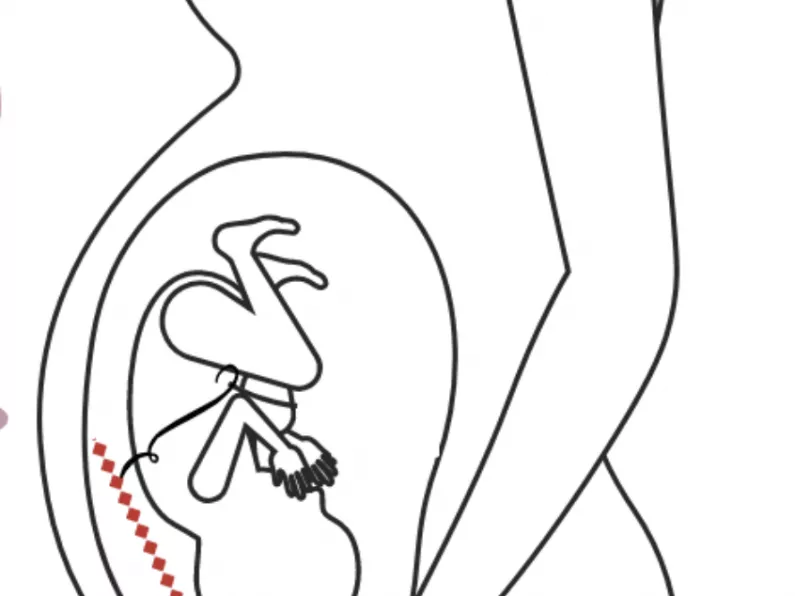What does it mean if I have an anterior placenta is a common questions from moms-to-be.
And while the name might sound a little daunting, it's really nothing to worry about.
First thing's first though; let's talk about the placenta.
The placenta is an incredible organ, belonging to both you and your baby.
And it's the only transient organ in the human body - meaning it only grows and stays temporarily, leaving once it's fulfilled its purpose.
The placenta is connected to your baby via the umbilical cord, and it releases hormones which help your baby to grow, while also supplying them with nutrients and oxygen.
It's also responsible for carrying waste products, like carbon dioxide, back to your bloodstream so you can get rid of them.
What does it mean if I have an anterior placenta?
The placenta develops when the fertilised egg embeds into your uterus.
When you go for your 20-week scan, the sonographer will check the position of your placenta to ensure its position won't affect your pregnancy.
An anterior placenta simply means your placenta is attached to the front wall of your uterus, between the baby and your tummy.
It's a completely normal place for it to implant and develop and shouldn't be confused with having a low-lying placenta.
What difference does it make to my baby's movements?
For many women, the first time they feel their baby move is between 16 and 24 weeks of pregnancy.
But for moms-to-be with an anterior placenta, it's common not to feel these first movements until later as the placenta cushions those early wriggles.
Regardless of placenta position, if you reach the 24th week of pregnancy without feeling movement, you need to speak to your midwife or consultant immediately.
As your pregnancy progresses, it's important to get to know your baby's normal pattern of movement.
If you have an anterior placenta try and focus on your sides and lower down, as this is where you're more likely to feel movement.
Although feeling movement can be trickier for anterior placenta mums, you should still notice a pattern in your baby's movement.
If you feel as though your baby's movements have slowed down or stopped, seek medical advice immediately.







